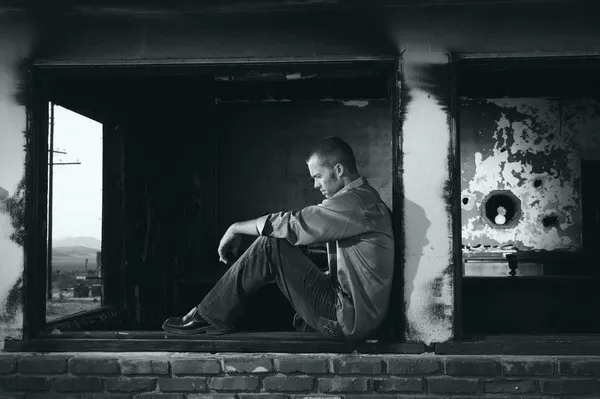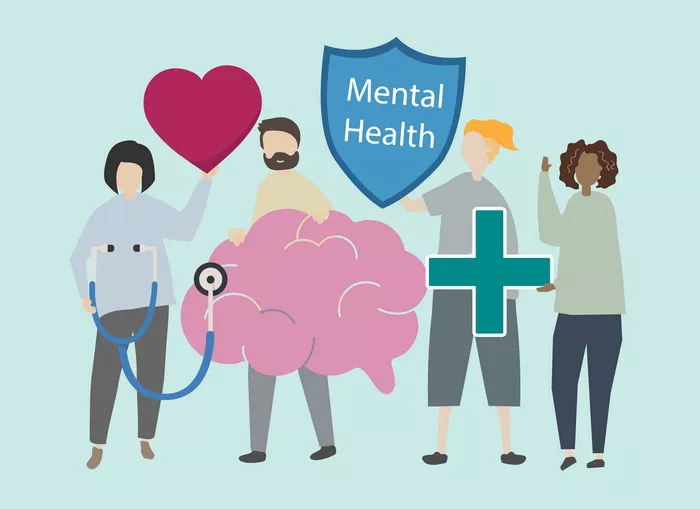Schizophrenia is a complex and often misunderstood mental health condition that affects millions of people worldwide. While symptoms of schizophrenia typically manifest in late adolescence or early adulthood, there are often early warning signs that can appear before a full-blown psychotic episode occurs. In this article, we’ll explore these early warning signs in detail, helping to increase awareness and promote early intervention for individuals at risk of developing schizophrenia.
What is Schizophrenia? Understanding the Basics
Before delving into the early warning signs, it’s important to have a basic understanding of what schizophrenia is. Schizophrenia is a chronic and severe mental disorder characterized by a range of symptoms, including hallucinations, delusions, disorganized thinking, and impaired social functioning. It affects how a person thinks, feels, and behaves, often resulting in significant distress and impairment in daily life.
Schizophrenia is believed to be caused by a combination of genetic, environmental, and neurobiological factors. While the exact cause is not fully understood, researchers believe that abnormalities in brain structure and function, as well as neurotransmitter imbalances, play a role in the development of the disorder.
Early Warning Signs of Schizophrenia: What to Look For
While the symptoms of schizophrenia can vary widely from person to person, there are several early warning signs that may indicate an increased risk of developing the disorder. Recognizing these signs and seeking early intervention can help improve outcomes and quality of life for individuals affected by schizophrenia. Here are seven early warning signs to be aware of:
Social Withdrawal: One of the earliest signs of schizophrenia is social withdrawal or a decline in social activities. Individuals may become increasingly isolated, preferring to spend time alone rather than engaging in social interactions with friends, family, or peers.
Changes in Behavior: People at risk of developing schizophrenia may exhibit changes in behavior that are out of character or unusual. This could include a decline in personal hygiene, disorganized speech or behavior, or difficulty concentrating or completing tasks.
Unusual Beliefs or Perceptions: Early signs of schizophrenia often include the presence of unusual beliefs or perceptions that are not shared by others. This could manifest as paranoia, suspiciousness, or a heightened sense of awareness of external stimuli.
Decline in Academic or Occupational Functioning: Another early warning sign of schizophrenia is a decline in academic or occupational functioning. Individuals may struggle to meet the demands of school or work, experiencing difficulties with concentration, memory, or problem-solving.
Emotional Disturbances: Early signs of schizophrenia may also include disturbances in mood or emotion. This could manifest as sudden or unexplained changes in mood, difficulty expressing or identifying emotions, or a lack of emotional responsiveness.
Sleep Disturbances: Sleep disturbances, such as insomnia or changes in sleep patterns, may be early indicators of schizophrenia. Individuals may have difficulty falling asleep, staying asleep, or experience unusual dreams or nightmares.
Family History of Mental Illness: A family history of mental illness, particularly schizophrenia or related disorders, is a significant risk factor for developing the disorder. Individuals with a family history may be more likely to experience early warning signs and should be monitored closely for symptoms.
Seeking Help: The Importance of Early Intervention
Recognizing the early warning signs of schizophrenia is the first step toward seeking help and accessing appropriate treatment. If you or someone you know is experiencing symptoms that may indicate schizophrenia or are concerned about their mental health, it’s important to reach out to a healthcare professional for evaluation and support.
Early intervention is crucial for improving outcomes and reducing the severity of symptoms associated with schizophrenia. Treatment options may include medication, psychotherapy, and support services to help individuals manage symptoms, improve functioning, and enhance quality of life.
In addition to seeking professional help, it’s essential to provide social support and understanding to individuals affected by schizophrenia. Educating oneself about the disorder, reducing stigma, and promoting acceptance and inclusion can help create a supportive environment for those living with schizophrenia and their loved ones.
Conclusion: Promoting Awareness and Early Detection
Schizophrenia is a complex and challenging mental health condition, but early detection and intervention can make a significant difference in outcomes for individuals affected by the disorder. By recognizing the early warning signs of schizophrenia and seeking help promptly, we can improve access to treatment, reduce stigma, and support individuals in achieving their full potential.
If you or someone you know is experiencing symptoms that may indicate schizophrenia, don’t hesitate to reach out for help. With the right support and treatment, it’s possible to manage symptoms, improve functioning, and lead a fulfilling life despite the challenges posed by schizophrenia. Together, we can promote awareness, understanding, and acceptance of this often-misunderstood disorder.
[inline_related_posts title=”You Might Be Interested In” title_align=”left” style=”list” number=”6″ align=”none” ids=”7234,7231,7226″ by=”categories” orderby=”rand” order=”DESC” hide_thumb=”no” thumb_right=”no” views=”no” date=”yes” grid_columns=”2″ post_type=”” tax=””]

































